The 9 Worst Pieces of Travel Advice You’ll Find on the Internet

Bad travel advice spreads fast online, and some tips that seem savvy can sabotage your trip. From skipping travel insurance to overtrusting social media, these myths can cost you time, money, and peace of mind. We’ve rounded up the worst offenders so you know what to avoid and what to do instead. Whether you’re a seasoned explorer or first-time flyer, these are the red flags worth noting before your next adventure.
Skip Travel Insurance
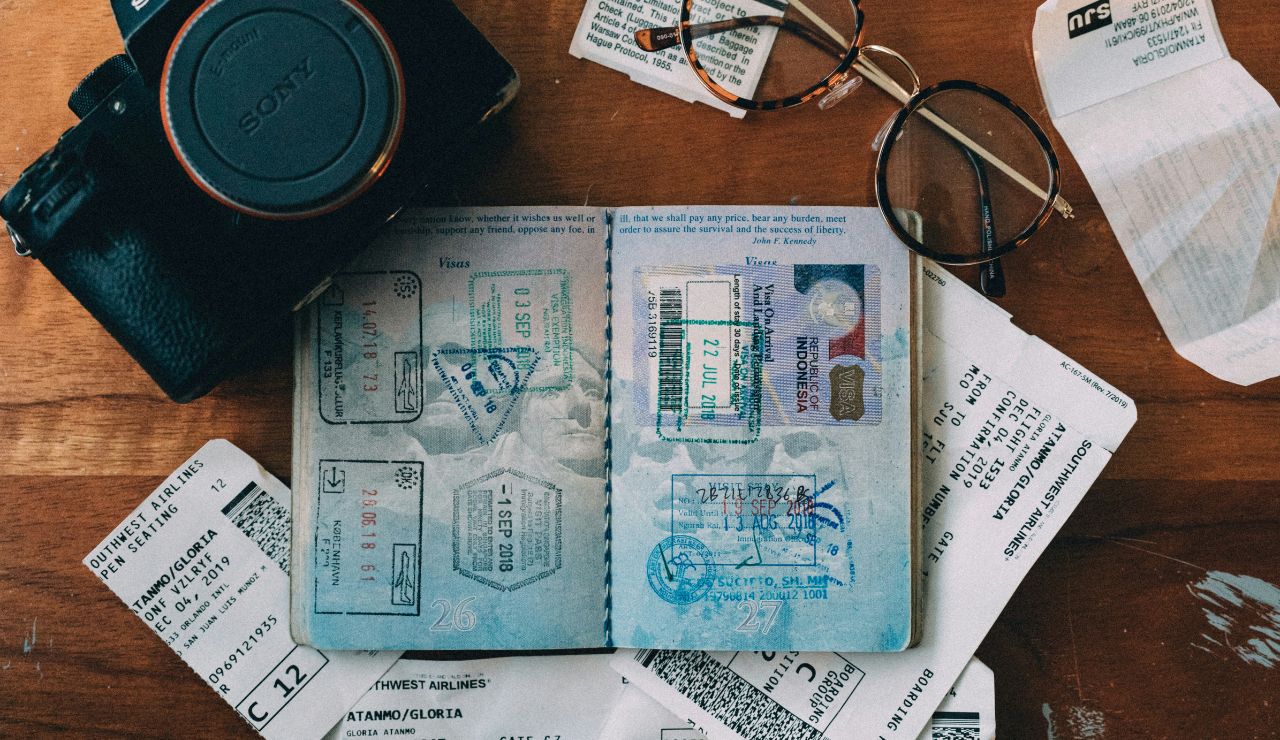
It might seem like a smart way to save, especially if you’re young and healthy, but skipping travel insurance is risky. Lost luggage, trip cancellations, and medical emergencies can cost thousands. A small investment in coverage can save you from a major financial hit. If your trip gets disrupted by weather, illness, or political unrest, insurance can make all the difference. Never assume you won’t need it. You’ll be glad to have it if the unexpected happens.
Don’t Plan, Just Wing It
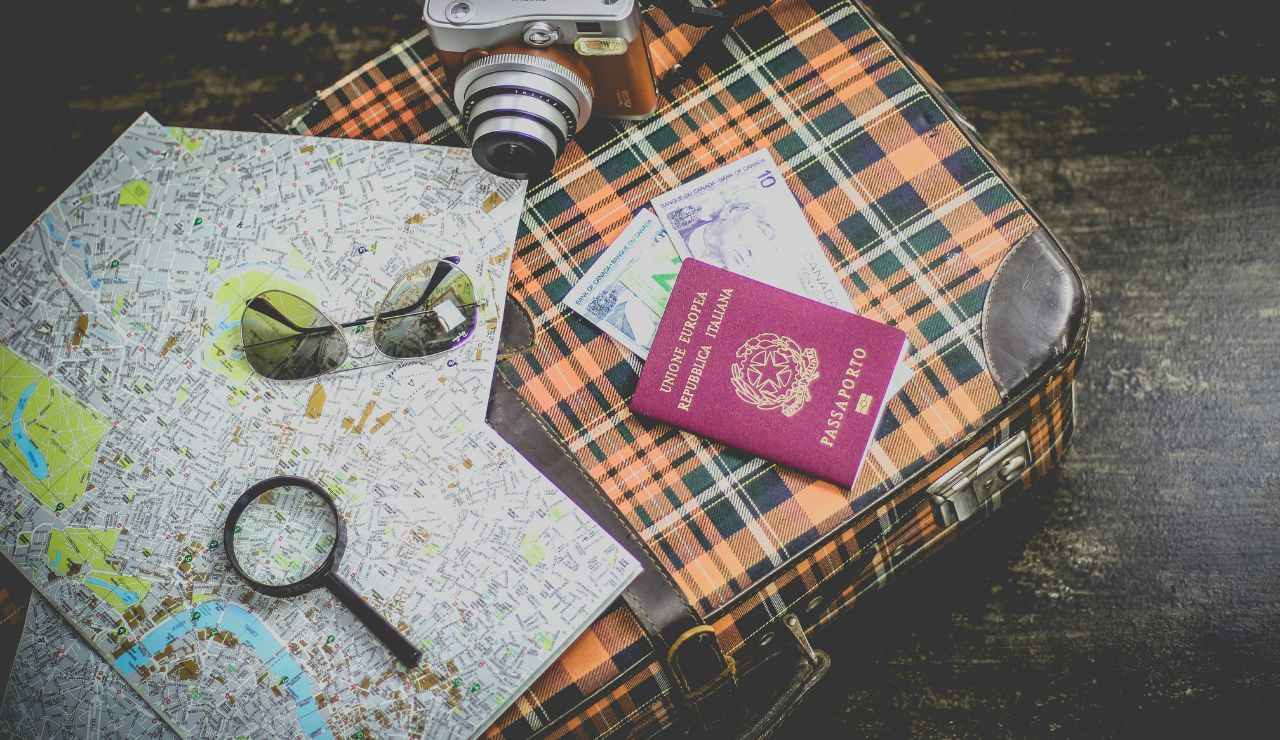
While spontaneity sounds romantic, no planning at all can leave you with overpriced hotels, missed attractions, and chaos. A flexible plan beats no plan, book key accommodations, and know your options. Winging it may work in places with abundant resources, but in busy or remote destinations, it’s a gamble. Do some research, lock in the essentials, and leave room for detours. Spontaneity works best when supported by a solid framework.
Exchange Currency at the Airport

Airport exchange booths charge some of the worst rates anywhere. They prey on unprepared tourists. Instead, use local ATMs, get a travel-friendly debit card, or order some currency before departure. You’ll usually get a better exchange rate with your bank or through digital options. If you wait until you land, you’ll likely lose money instantly. Even exchanging a small amount at home is smarter than relying on airport counters.
Avoid Street Food Everywhere
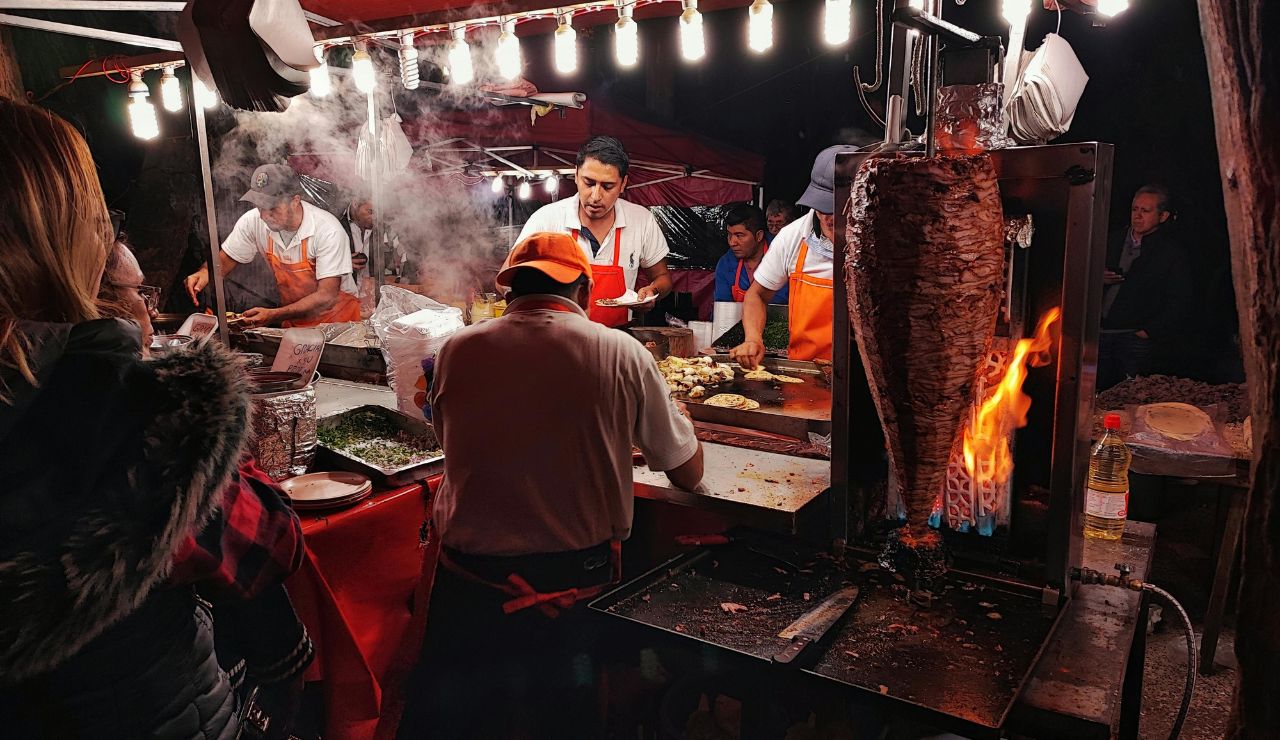
Avoiding all street food out of fear is a mistake; you’ll miss incredible meals and authentic culture. Instead, choose vendors with a line of local and fresh ingredients. In many countries, street food is fresher than some tourist-trap restaurants. Use your judgment: hot, cooked-to-order items are usually safe. Don’t deprive yourself of local flavors just because someone online warned you. Be smart, not scared, when sampling local eats.
Book the Cheapest Flights, No Matter What
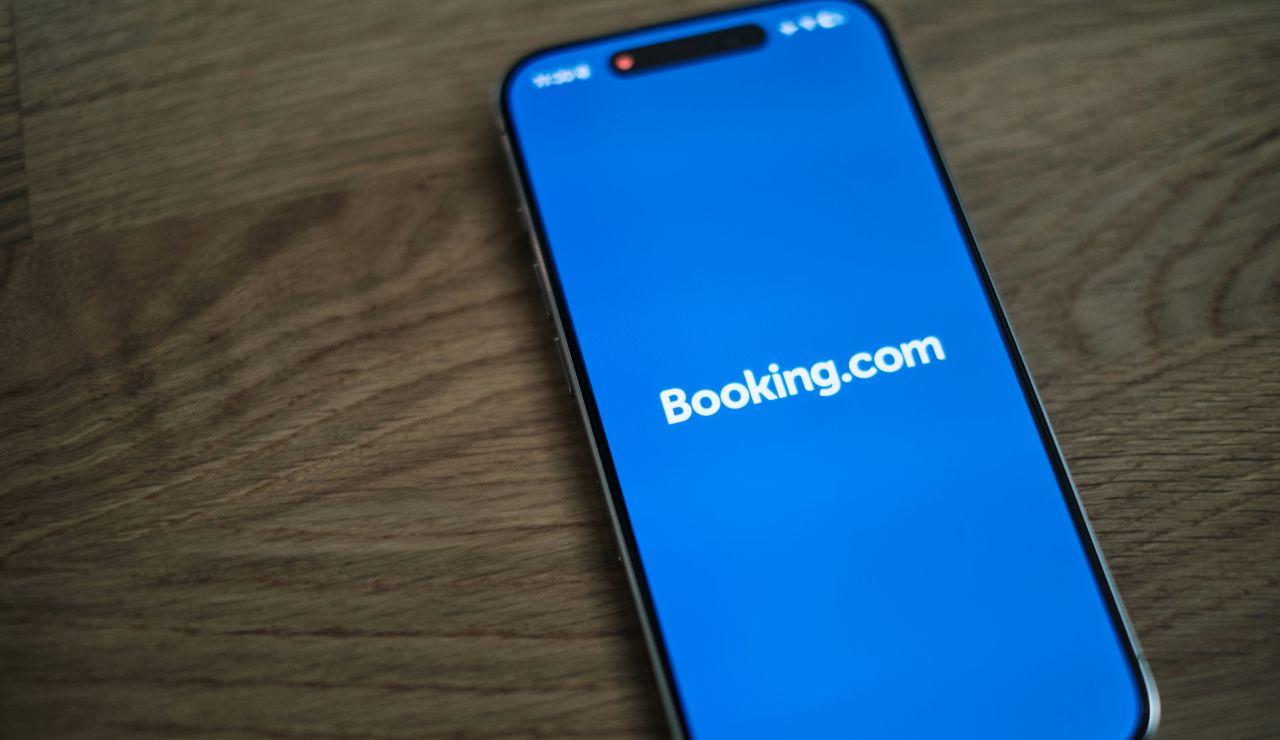
Chasing the cheapest airfare can mean long layovers, awkward flight times, and extra fees. Budget airlines may charge for carry-ons, seat selection, and even water. Sometimes spending a little more upfront saves you hassle, time, and hidden costs. Compare total costs, including baggage and transfer times, before booking. If a deal looks too good to be true, it probably is. Cheap isn’t always better when it comes to flying.
Only Pack for One Day
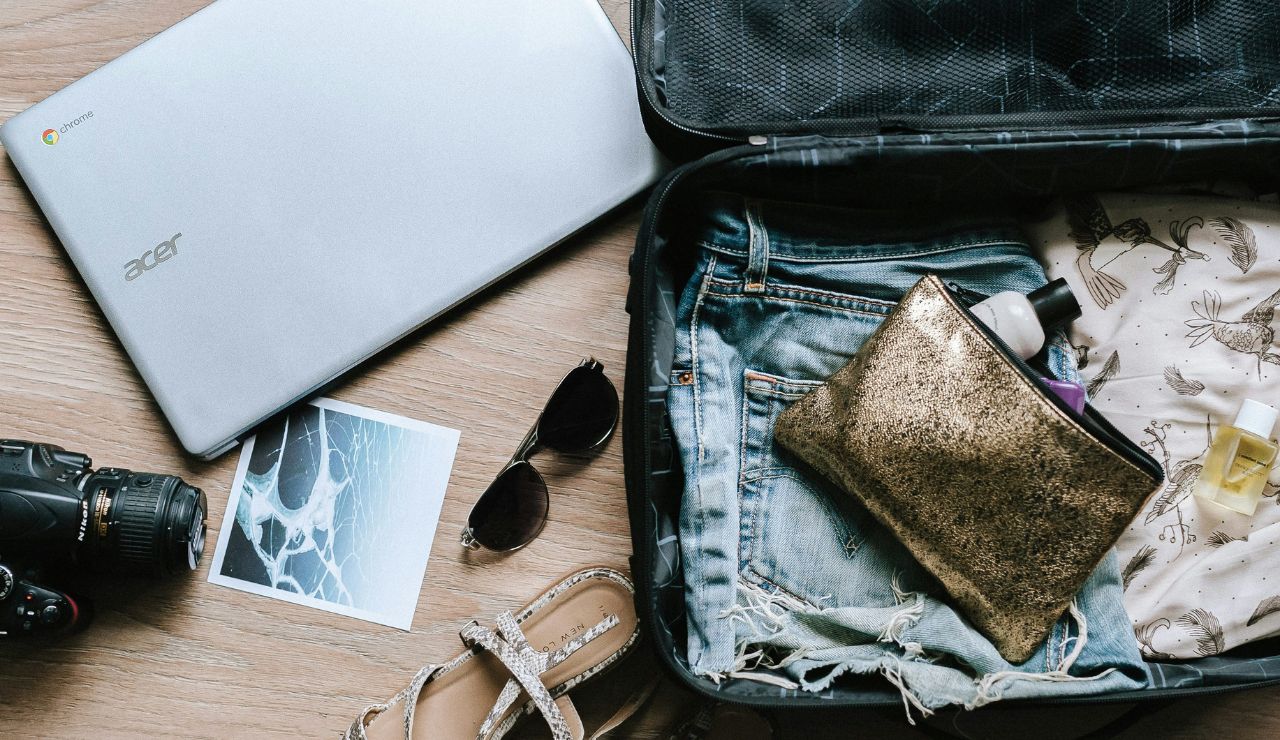
The minimalist packing trend might sound freeing, but traveling with almost nothing can backfire. Delayed luggage, unexpected weather, or a spilled drink can leave you scrambling. A tiny backpack may feel light, but it won’t help if you have no extra clothes. Pack light, but smart. Include backups for basics, a weather layer, and at least two pairs of shoes. One outfit won’t cut it for most real-world travel situations.
Trust Social Media for Everything
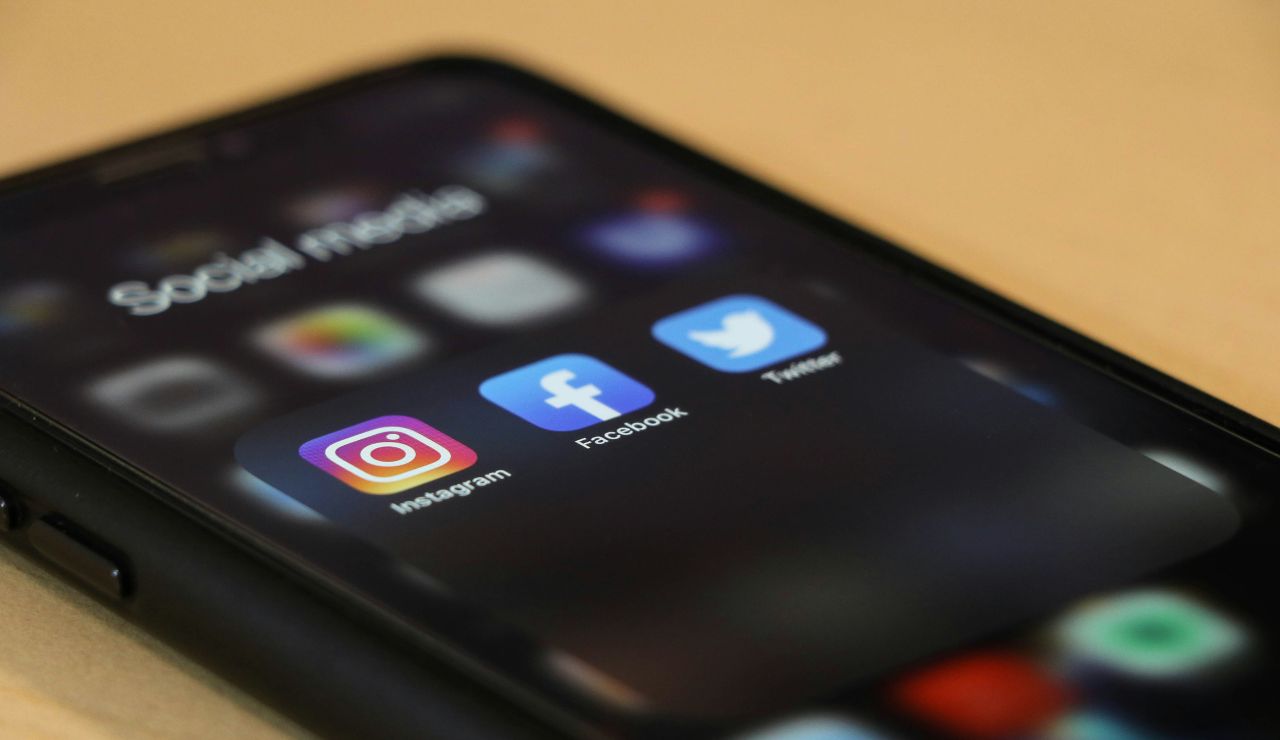
Instagram reels and TikToks can be fun, but they’re often filtered, staged, or outdated. Relying only on influencers can mislead you. That perfect beach may be overcrowded or closed, and trendy spots are sometimes tourist traps. Use social media for inspiration, but fact-check with official sites, recent reviews, and local forums. Real travel means going beyond what looks good on camera, and sometimes the best moments aren’t viral.
Skip Local Transportation
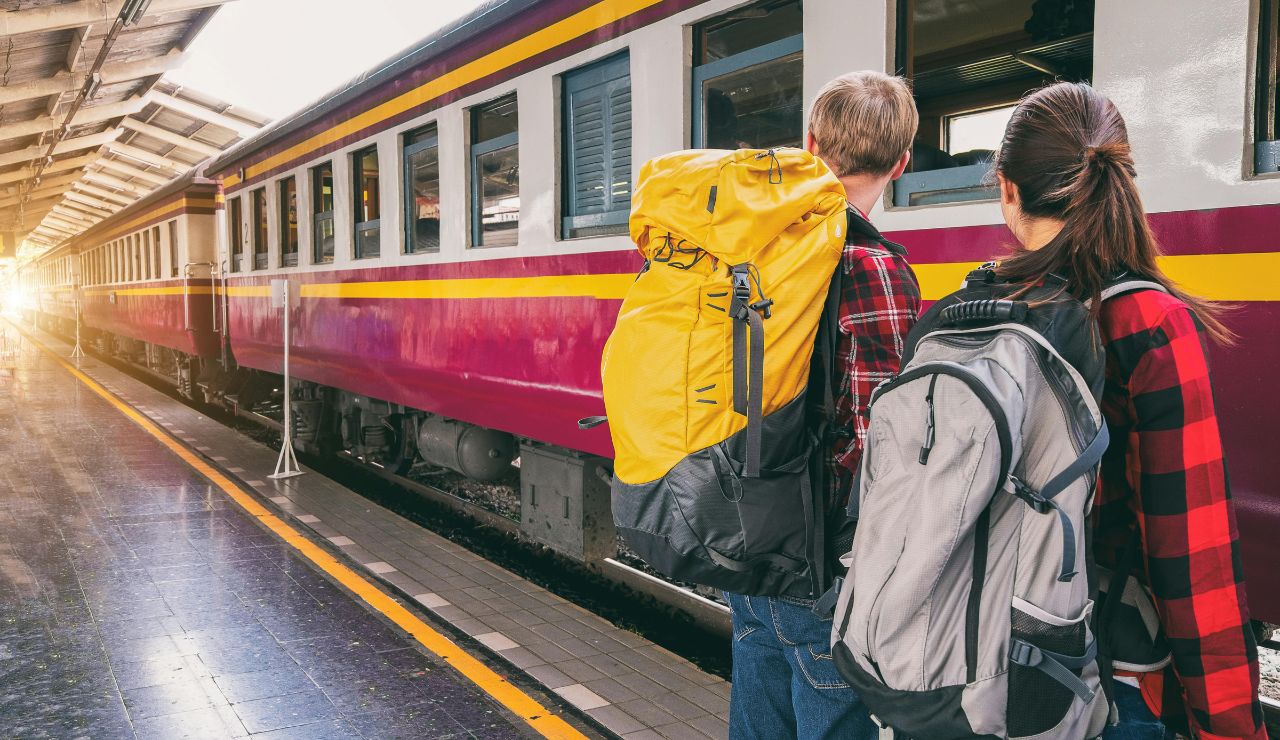
Taxis and private cars may seem safer, but skipping public transit robs you of the local vibe and adds to your costs. Buses, metros, and trams are often clean, efficient, and a great way to explore like a local. Avoiding them out of fear or inconvenience means missing cultural richness. Learn a few transit basics before your trip. You’ll save money and experience your destination on a more authentic level.
You Don’t Need a Backup Plan

Things go wrong, phones die, cards get stolen, or trains get canceled. Traveling without backup is just asking for stress. Keep hard copies of tickets and IDs, carry emergency cash, and store digital files in the cloud. Have a plan B for big moves like flights or border crossings. Flexibility is great, but it works best when you’re prepared. A few extra steps can save you a major headache if something goes sideways.